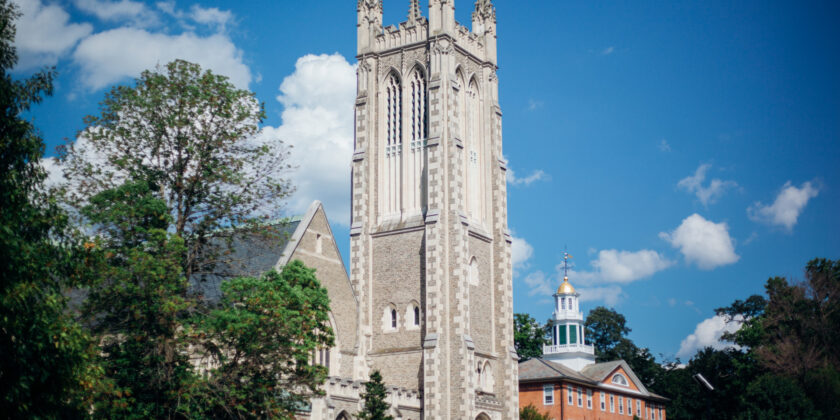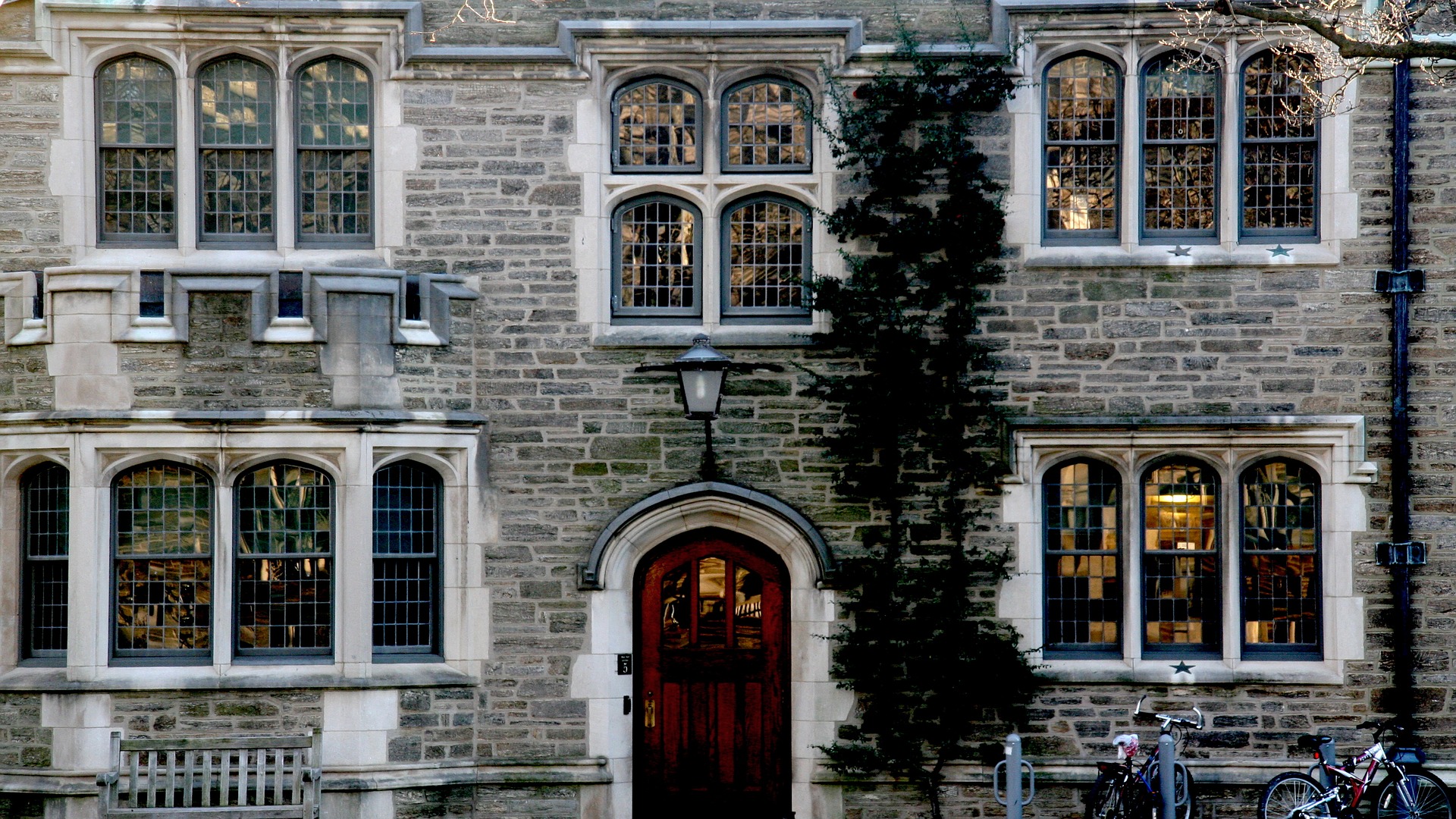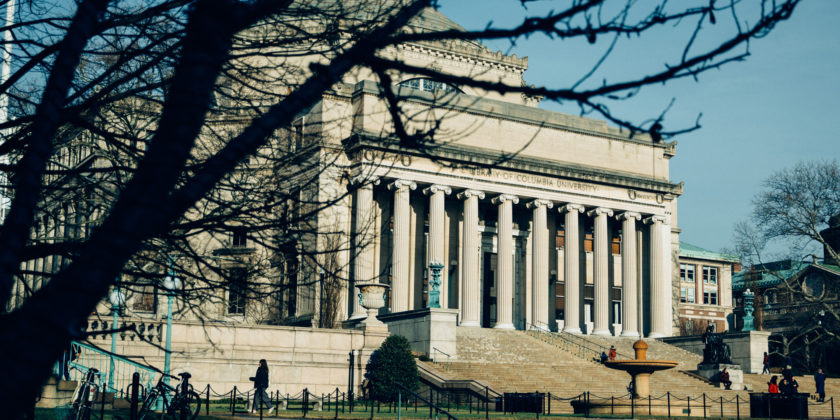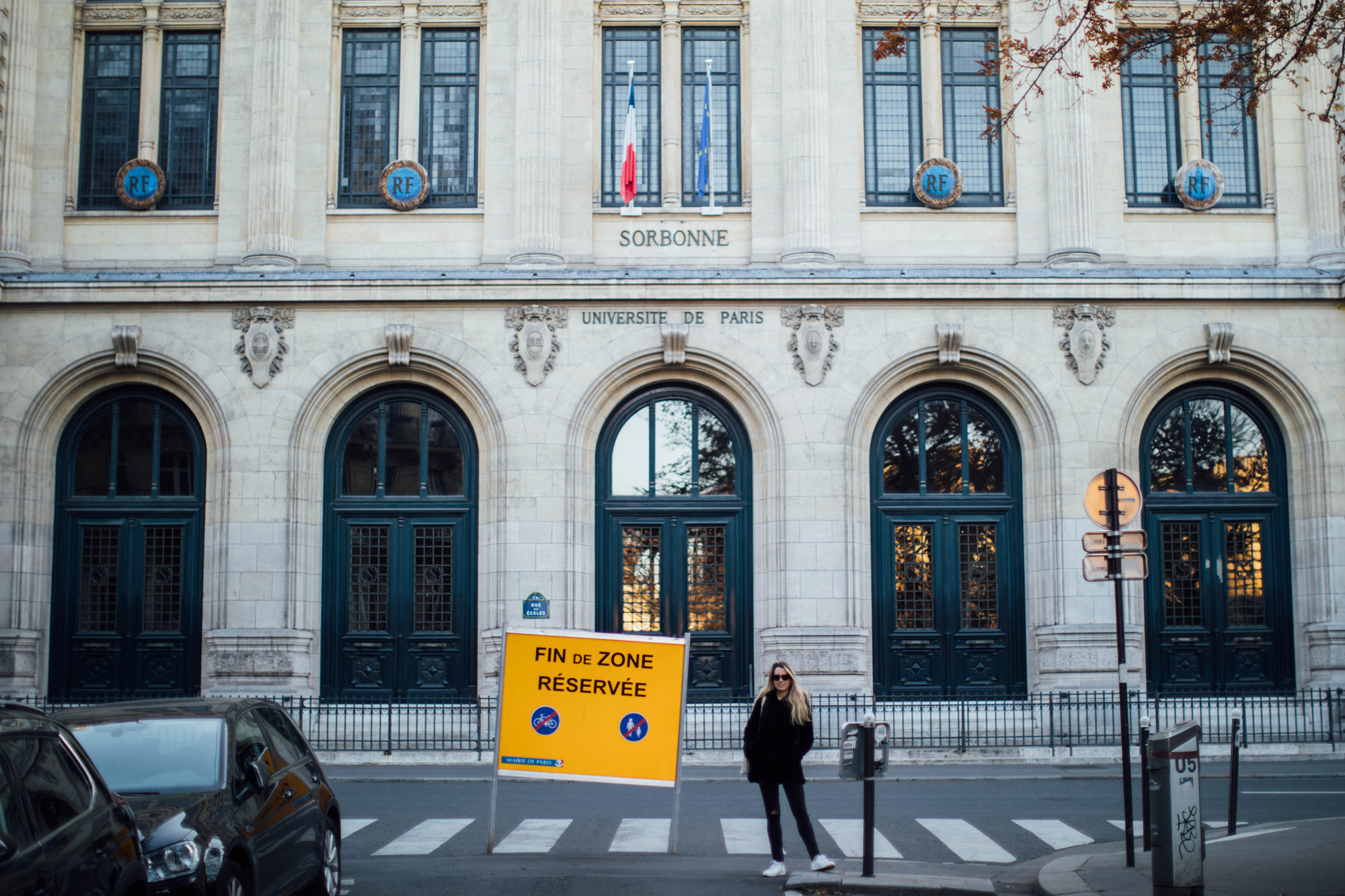New Museum Teen Program Applications Open
What is NewMu Teens?
A five-month, after-school program that invites young people ages 15–19 to interact with contemporary art and culture with a focus on the intersections of gender, race, class, and sexual orientation. The program is free and participants receive a stipend of $500 in support of their participation.
What can teens expect from the program?
NewMu Teens connect with peers, guest artists, and their own creativity through workshops, artmaking, and discussion. Together, NewMu Teens develop and produce a culminating creative project to share with their communities.
Where will NewMu Teens meet?
While the Museum is closed to continue construction of our building expansion, NewMu Teens will meet in our temporary office spaces at 250 Bowery every Monday from 4–6pm, January 13 to May 26, 2025, excluding school recesses.
How do I apply?
- Fill out the online application.
- Include contact information for one person who may provide a reference (a teacher, counselor, supervisor, or other person who can speak to your interest in this program).
- If you have any questions, contact youthprograms@newmuseum.org.
Applications are DUE Sunday, November 17, 11:59pm. Learn more here.
*Stay in the know! Subscribe*







